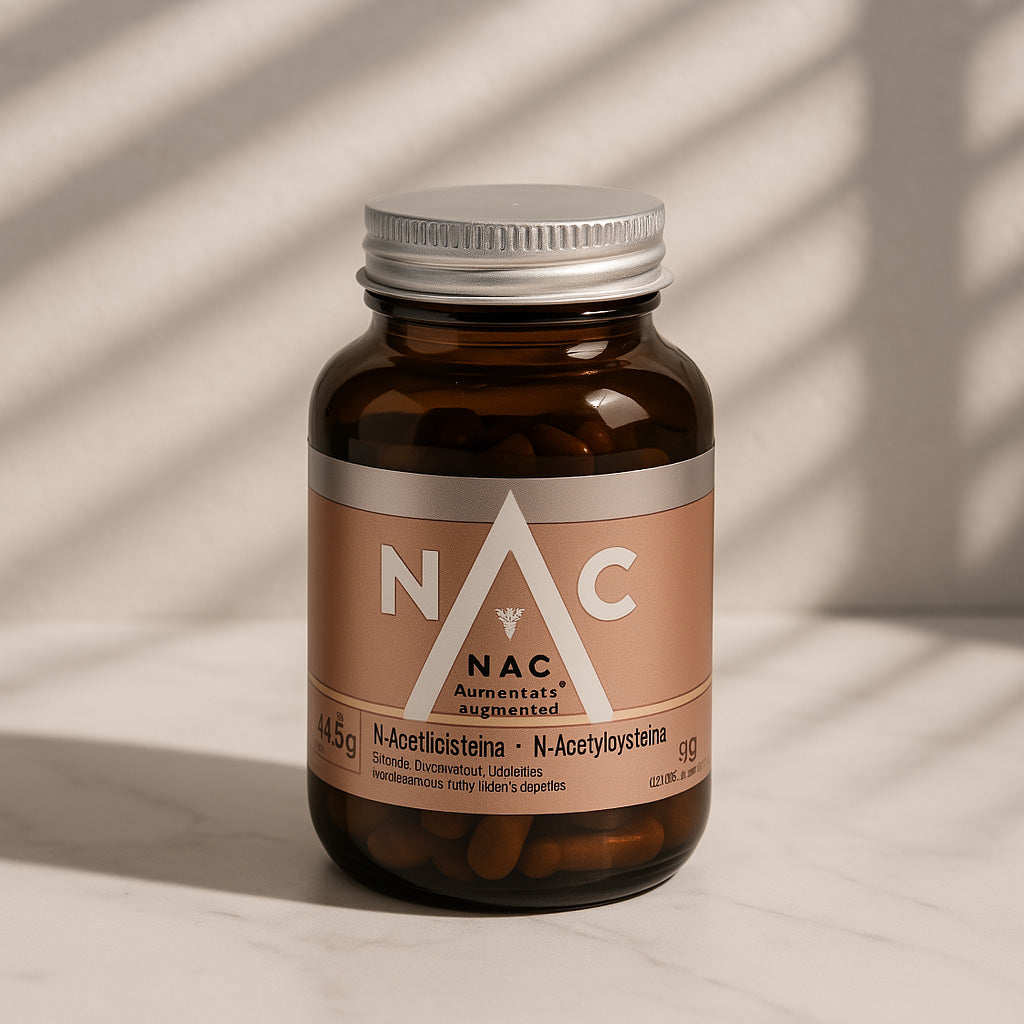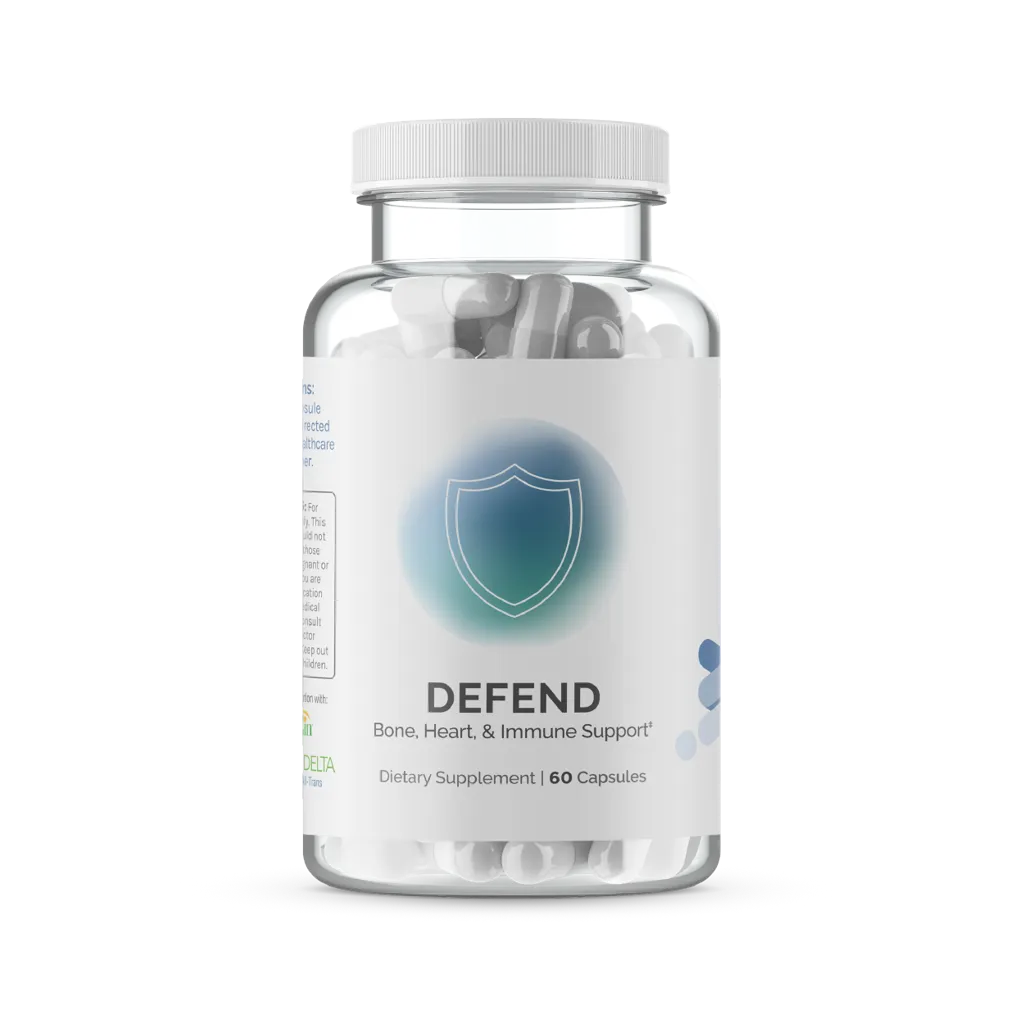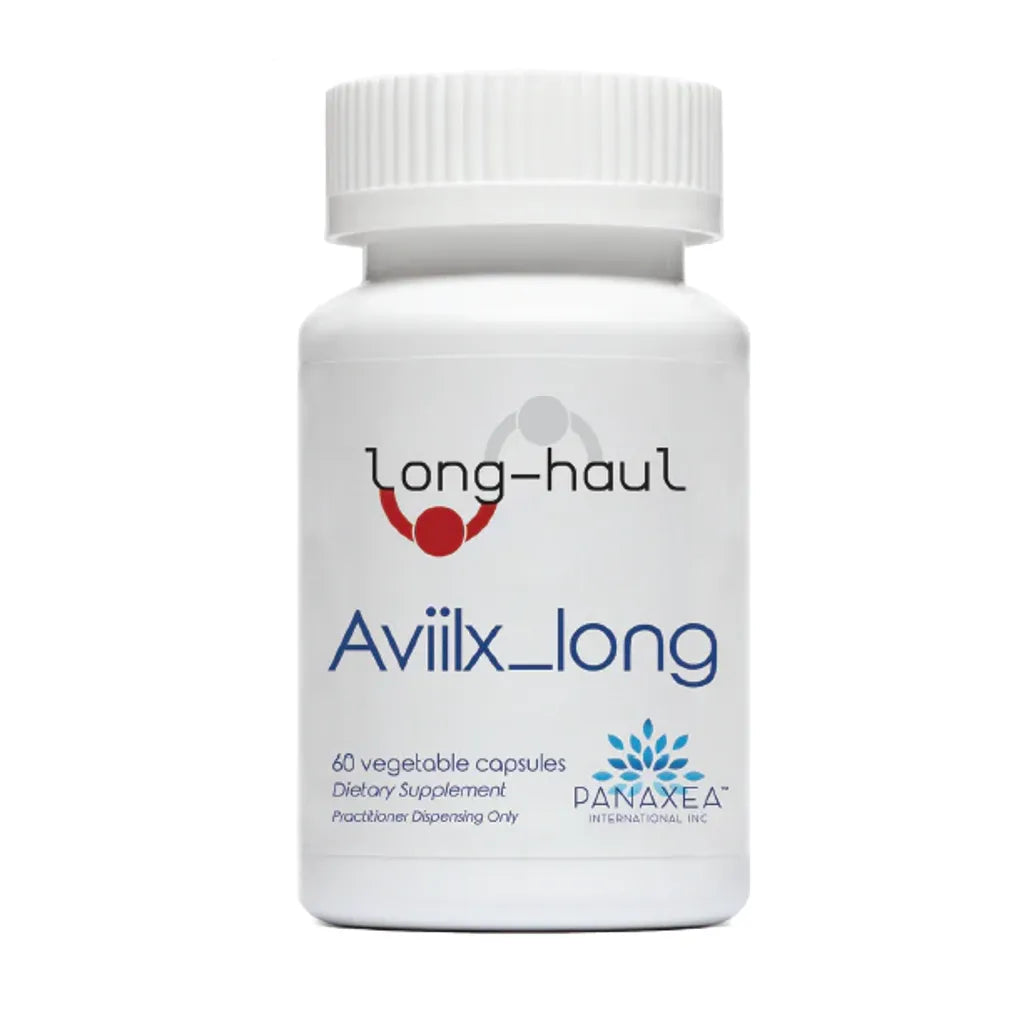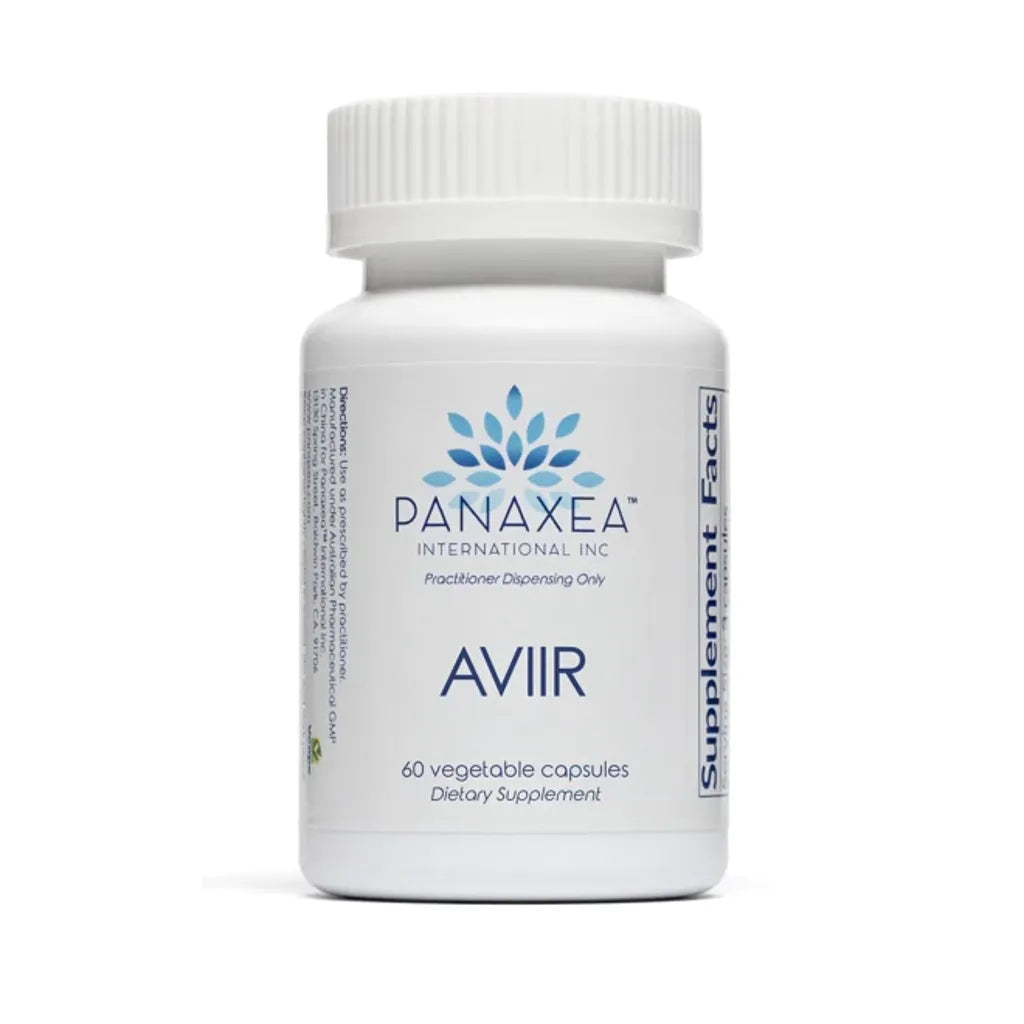Why the Lungs Need Antioxidant Protection
Every breath exposes lung tissue to oxygen—and to potential oxidative stress from pollutants, smoke, allergens, and pathogens. The respiratory tract is lined with delicate membranes and mucus that trap particles, but these defenses also produce free radicals in the process. Without enough antioxidants, inflammation and congestion can build up over time.
Here’s where glutathione comes in. This master antioxidant neutralizes reactive oxygen species (ROS) inside airway cells, supports immune balance, and keeps mucus from becoming too thick or sticky. Unfortunately, glutathione can become depleted during illness, allergies, or pollution exposure—leaving airways more vulnerable.
How NAC Works in the Airways
NAC helps the respiratory system in two main ways:
- Mucolytic action: NAC breaks disulfide bonds in mucus proteins, thinning secretions so they can be cleared more easily. This improves airflow and comfort, especially during congestion.
- Glutathione replenishment: NAC provides cysteine, the building block needed to make more glutathione inside lung cells, helping to reduce oxidative irritation.
Together, these mechanisms make NAC one of the most versatile compounds for both acute respiratory comfort and long-term lung resilience. It supports balance—helping the immune system respond to challenges without over-reacting.
The Immune Connection: Beyond Antioxidants
Research suggests NAC influences multiple aspects of immune function. By maintaining a healthy redox state inside immune cells, NAC helps regulate cytokine production, support natural killer (NK) cell activity, and improve lymphocyte performance. It essentially promotes a balanced immune response—strong enough to fight invaders, but not so reactive that inflammation spirals out of control.
Low glutathione levels, by contrast, are linked with increased oxidative stress and impaired immune signaling. Supporting glutathione synthesis with NAC can therefore make the difference between a sluggish or overstimulated immune response.
Why Choose Augmented NAC for Respiratory & Immune Health
While standard NAC is effective, Augmented NAC is formulated to solve common limitations and make respiratory benefits more consistent:
- Enhanced absorption: Innovative delivery technologies help more NAC survive digestion and reach circulation intact.
- Synergistic cofactors: Added nutrients—like vitamin C, selenium, or glycine—sustain the glutathione cycle and complement NAC’s redox effects.
- Longer-lasting support: Improved stability prevents premature oxidation, keeping NAC active until it’s absorbed.
- Targeted delivery: Formulated with high-oxidative-demand tissues like the lungs and immune system in mind.
The result is a formula that supports clearer breathing, faster recovery, and stronger antioxidant defense in a single step. Learn more about formulation design on our product page for Augmented NAC by BAI Technologies.
When to Consider NAC for Immune Support
Because oxidative stress fluctuates, NAC can be especially useful during periods of higher demand, such as:
- Cold and flu season or during travel
- Allergy or wildfire smoke exposure
- Intensive training blocks or endurance events
- High-stress or sleep-deprived periods that tax immunity
- After alcohol, medication, or environmental toxin exposure (see Liver Detox & Cellular Defense)
For many people, steady use supports baseline antioxidant tone, while short-term increases can be useful during acute stress.
Stacking Augmented NAC for Stronger Immune Defense
Augmented NAC pairs well with other evidence-based immune nutrients:
- Vitamin C: Regenerates oxidized glutathione and supports white-blood-cell activity.
- Vitamin D + K2: Modulates innate and adaptive immune balance.
- Zinc: Critical for enzyme activity in immune cells.
- Quercetin: Acts as a zinc ionophore and supports antioxidant recycling.
This synergy forms a balanced “immune resilience stack”—protecting both the mucosal barrier and systemic antioxidant reserves. Explore these companion nutrients in our Immune Support collection.
Everyday Habits That Complement NAC
Respiratory and immune function are influenced by more than supplements. Combine Augmented NAC with:
- Hydration – keeps mucus fluid and supports cellular detox.
- Fresh air & movement – gentle cardio expands lung capacity and circulation.
- Sleep & stress management – both restore glutathione and immune balance.
- Antioxidant-rich diet – include berries, leafy greens, crucifers, and healthy fats.
- Air quality practices – use purifiers and limit exposure during high-pollution days.
These lifestyle foundations help your body make the most of any supplemental antioxidant program.
Practical Use & Dosage
Timing: Many prefer taking NAC once or twice daily on an empty stomach. It can also be taken with food if needed for comfort.
Typical range: 600–1200 mg per day, depending on individual needs and formula concentration. Follow label directions or practitioner guidance.
Stack timing: When taken with vitamin C, zinc, or quercetin, separate doses by a few hours if stomach sensitivity occurs.
Scientific Highlights
- N-acetylcysteine in respiratory diseases: therapeutic potential and mechanisms
- Antioxidant and immune-modulating effects of NAC
- StatPearls: N-acetylcysteine clinical overview
Key Takeaway
NAC isn’t just a liver supplement—it’s a frontline antioxidant for your lungs and immune system. By replenishing glutathione and thinning mucus, it helps you breathe easier, recover faster, and stay more resilient through environmental and seasonal challenges. Augmented NAC refines these benefits with improved absorption and synergistic nutrients that keep your antioxidant defenses steady when you need them most.
Continue exploring our Augmented NAC series:
- Augmented NAC 101: Advanced Antioxidant Support for Detox, Immunity & Longevity
- Liver Detox & Cellular Defense: How Augmented NAC Supports Glutathione
- Brain, Energy & Mitochondria: The Antioxidant Power of Augmented NAC
Disclaimer
This article is for educational purposes only and is not intended as medical advice. Always consult your healthcare provider before starting new supplements, especially if you are pregnant, nursing, or taking prescription medications.



























